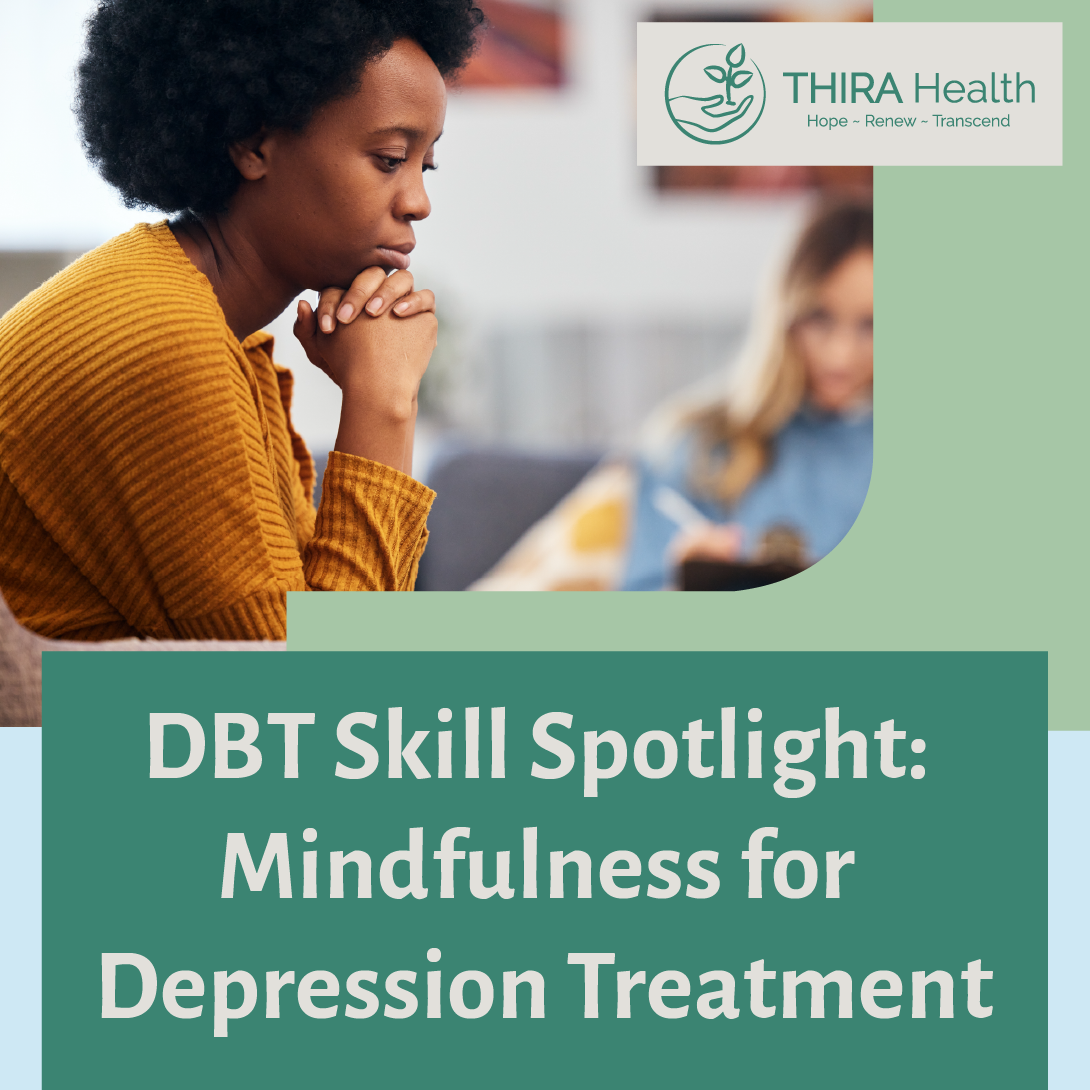We all strive to have supportive and beneficial relationships – whether those relationships are business, friendships or romantic. That said, cultivating and maintaining positive relationships is not always easy. Relationships take work and it can be beneficial to look ahead and anticipate what challenges may arise. Here are some challenges and encouragements to keep in mind for 2020.
Busy Schedules
Now more than ever, schedules are overwhelmingly busy with life’s demands. Between family, (sometimes multiple) jobs, taking care of the household, pets, health, and more, a romantic relationship can start to fall lower down the priority list. Not only can it feel like there is just not enough time in the day but keeping up with life’s demands can leave one feeling frustrated, exhausted, and unable to invest emotional energy into the relationship.
Some ways to make time for your special someone in the midst of a busy schedule include:
o Sharing a calendar: Whether shared by your phones, a whiteboard calendar in your kitchen, or both, being able to have access to each other’s schedules can allow both of you to find free gaps of time to spend together and focus on your relationship. An added bonus is that in sharing your work demands with your partner and vice versa, you can work together to accommodate one another’s schedule in terms of childcare or household responsibilities.
o Set Aside Time For One Another: Part of overcoming a busy schedule is to set aside time to invest in your relationship. While it may not be financially or logistically realistic to have a date night out every week, or have time away as a couple every month, you can still plan ahead to carve out time together at home, connecting over a pile of laundry, or planning free activities to do together or as a family.
o Say “Hello” and “Goodbye”: When you have a busy schedule, making the most of your partings and reunions can be a good way to build in time throughout the week for your partner. Making the effort to learn one thing about your partner’s day before they’re off, and following up at the end of the night about how it went can go a long way in helping you feel close and connected.
Working Through Conflict
Working through conflict in romantic relationships is often a challenge. Conflict between couples typically arises due to miscommunication and unclear expectations. While misunderstandings are unavoidable, learning skills to work through conflict honestly, effectively, and compassionately can lead to effective and more loving relationships.
Dr. John Gottman is considered one of the leading experts on relationships, researching what factors and behaviors predict long-lasting and effective marriages. One study examined the tendency of couples in conflict to either attack-defend (behaviors characterized by criticism, anger, contempt, belligerence, and defensiveness), or withdraw (behaviors characterized by sadness, disgust, ignoring, or “stonewalling”). Engaging in these behaviors consistently increased conflict, emotional distance, and often later predicted divorce.
Conversely, couples that worked through conflict in a collaborative mode (characterized by self-disclosure and positive affect), and were able to respond to requests for emotional connection, predicted marital stability and longevity.
In addition to maintaining a collaborative stance through conflict, Dialectical Behavioral Therapy (DBT) offers concrete skills to manage conflict. Developed by Dr. Marsha Linehan, DBT offers interpersonal effectiveness skills to build and maintain effective and positive relationships.
For working through conflicts, one interpersonal skill, FAST, is an effective tool to maintain self-respect while working through conflicts with others.
- Be Fair to yourself and others: This includes your thoughts and actions, by not using extreme statements (ie. you’re never on time), to search for what is true in the situation, and be fair to your partner by giving them the benefit of the doubt.
- Apologize: Apologize when necessary, but do not be overly apologetic, especially if you do not have a reason to apologize.
- Stick to your values: Stand up for what you believe in as shown by your words and actions. Don’t sell yourself out or engage in ways that do not mirror your values.
- Truthful: Be truthful with yourself and your partner about the situation and your feelings.
Interracial Couples
With February designated as Black History Month, and the number of interracial marriages in the United States increasing, we believe it is also important to recognize the additional stressors and challenges these couples experience. Studies have shown that those in interracial relationships often encounter familial, cultural, and societal pressures that can include:
o Family disapproval or opposition
o A feeling of not belonging or not fitting in with their partner’s community
o Diminished support network and lack of community support
o Judgmental, negative and ignorant comments from others
o Language or cultural barriers
o Lack of representation in media
Many of these same conflicts echo in the relationships of some non-traditional couples as well, whether the system is comprised of individuals who are the same sex, where one or more partner is transgender or when blending two families into one. Some additional challenges facing these couples include determining their own internal organization of gender roles and family structure, and facing overt discrimination or alienation from family members or the community at large.
It is vital to recognize not only the additional challenges that these couples can face, but also the resiliency, coping skills, and strength in these relationships. Those not in non-traditional relationships can offer support by seeking to listen and understand the unique experiences of these couples, and by standing up against injustices and attitudes of racism.
Experiencing and overcoming challenges is a normal part of most relationships. When the challenges in a relationship begin to feel out of balance, overwhelming, or are significantly affecting your mental health, seeking help can be beneficial to developing coping skills and navigate these challenges.






